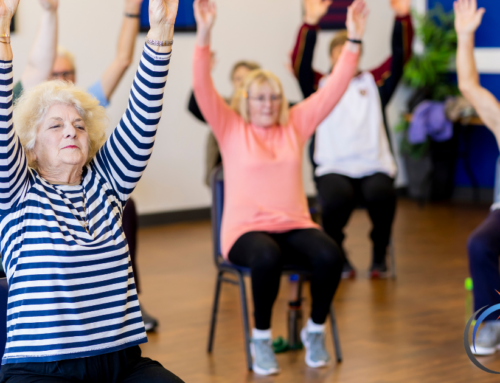In a world that’s constantly evolving, the quest for knowledge knows no age limit. Lifelong learning isn’t just for the young; it’s a journey that can enrich the lives of seniors in countless ways. From stimulating the mind and staying mentally sharp to fostering personal growth and social connections, embracing curiosity and continuing to learn can have profound benefits for seniors’ overall well-being.
Stimulating the Mind
Engaging in lifelong learning activities, such as reading, attending classes, or pursuing hobbies, keeps the mind active and stimulated. Just as physical exercise is essential for maintaining physical health, mental exercise is crucial for cognitive health. Challenging the brain with new information, skills, and experiences can help seniors maintain cognitive function, improve memory, and reduce the risk of cognitive decline and dementia.
Personal Growth and Fulfillment
Learning new things can be a source of personal growth and fulfillment at any age. Whether it’s mastering a new language, exploring a new hobby, or delving into a subject of interest, the pursuit of knowledge can provide a sense of accomplishment, purpose, and satisfaction. Lifelong learning allows seniors to pursue their passions, discover new interests, and continue to grow and evolve as individuals.
Social Connections
Learning is often a social activity, providing opportunities for seniors to connect with others who share their interests and passions. Whether it’s joining a book club, enrolling in a class, or attending lectures and workshops, lifelong learning activities create spaces for meaningful social interactions and connections. These connections can lead to new friendships, shared experiences, and a sense of belonging within a community of learners.
Enhancing Quality of Life
Engaging in lifelong learning can enhance seniors’ overall quality of life in numerous ways. By staying mentally active and socially connected, seniors may experience improved mood, increased self-confidence, and a greater sense of purpose and fulfillment. Lifelong learning activities can also provide a welcome distraction from the challenges of aging, helping seniors to focus on the present moment and embrace new opportunities for growth and discovery.
Practical Considerations
Lifelong learning doesn’t have to be formal or structured; it can take many forms, from reading books and articles to attending lectures, taking classes, or pursuing hobbies and interests. Seniors can explore a wide range of options, including online courses, community education programs, senior centers, and local libraries. The key is to find activities that are enjoyable, engaging, and accessible, allowing seniors to continue learning and growing in ways that suit their interests and abilities.
Conclusion
In conclusion, lifelong learning is a journey that can enrich the lives of seniors in countless ways. By embracing curiosity, staying mentally active, and fostering social connections through learning activities, seniors can experience improved cognitive function, personal growth, and overall well-being. Whether it’s learning a new skill, exploring a new subject, or connecting with others who share their interests, the pursuit of knowledge knows no age limit. As the saying goes, “You’re never too old to learn,” and for seniors, lifelong learning offers endless opportunities for growth, discovery, and fulfillment.
- Star Light Senior Advisors
- www.starlightsenioradvisors.com
- 617-270-0402




